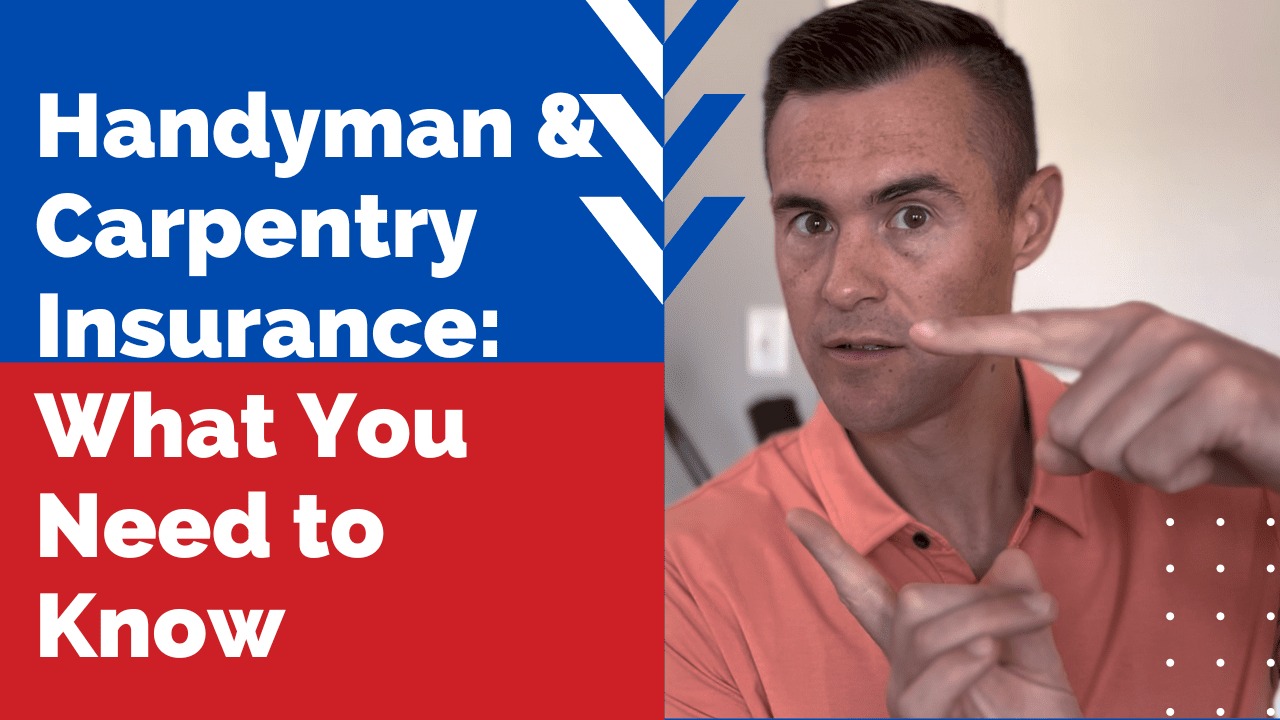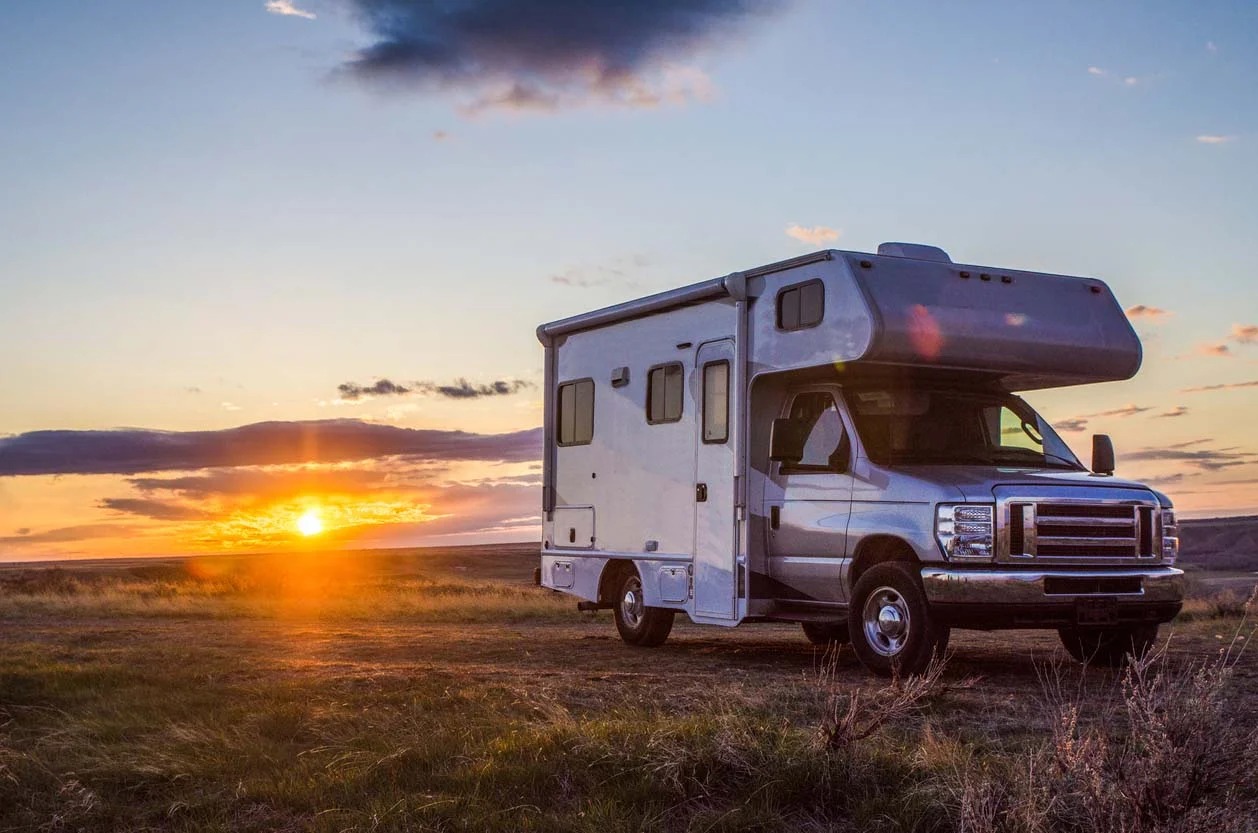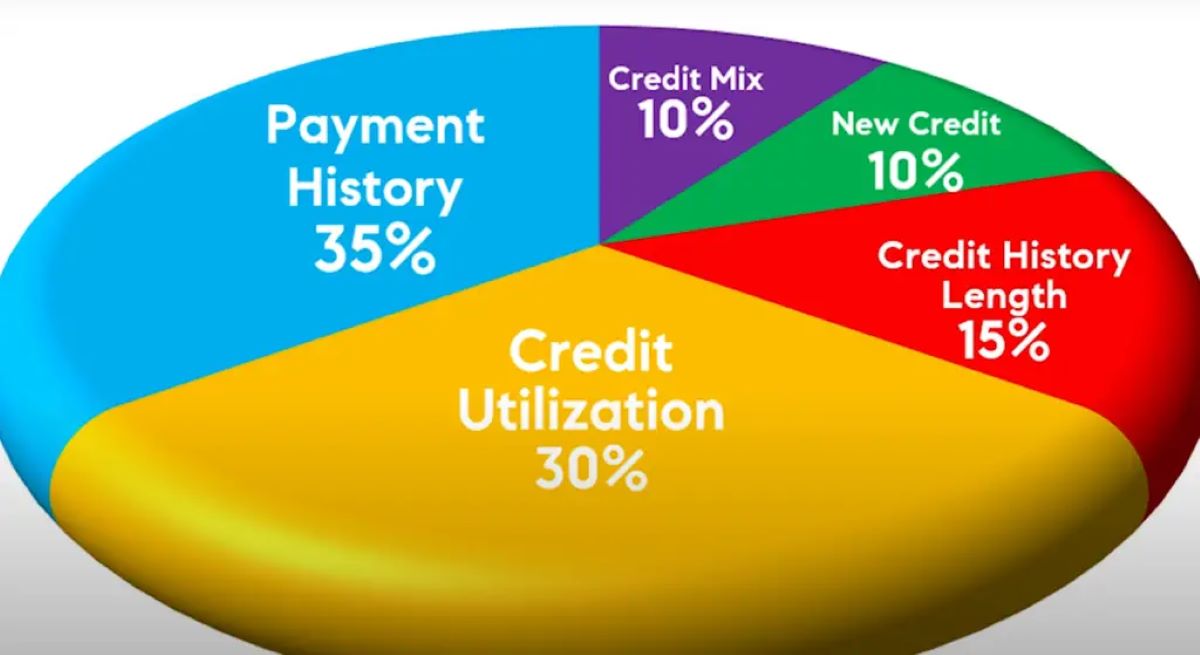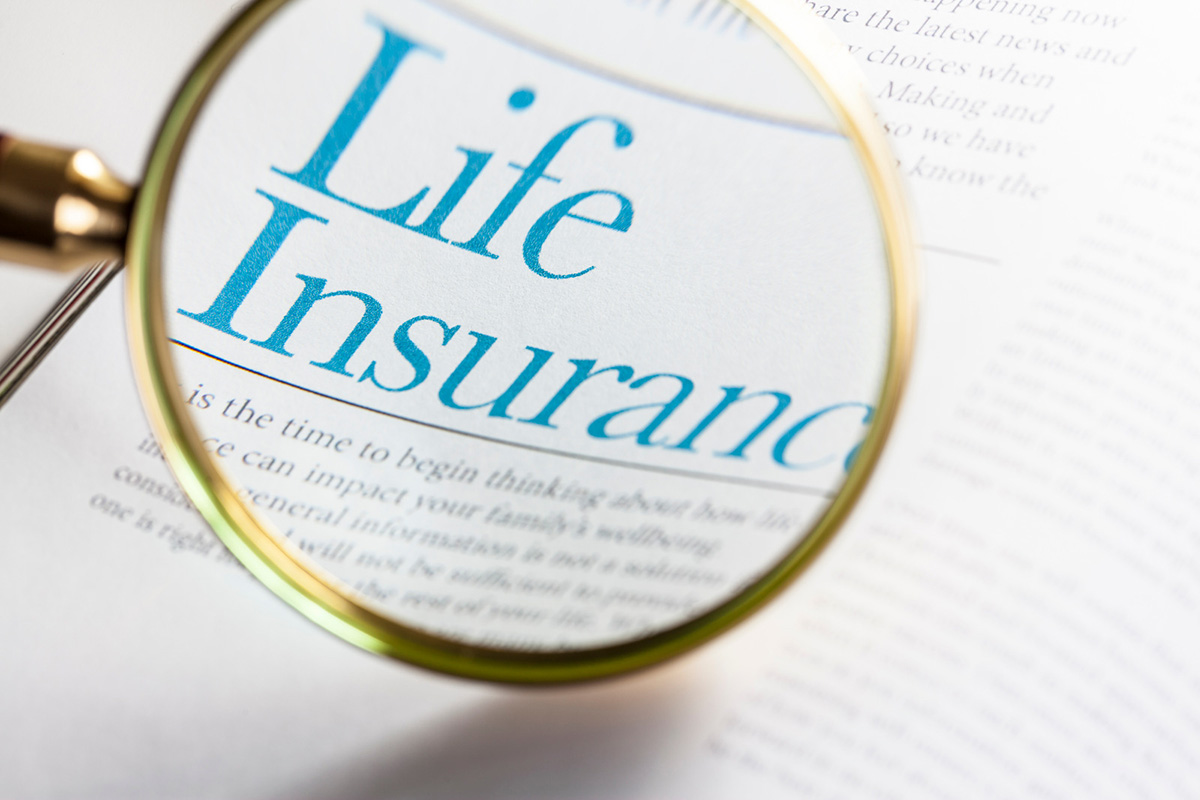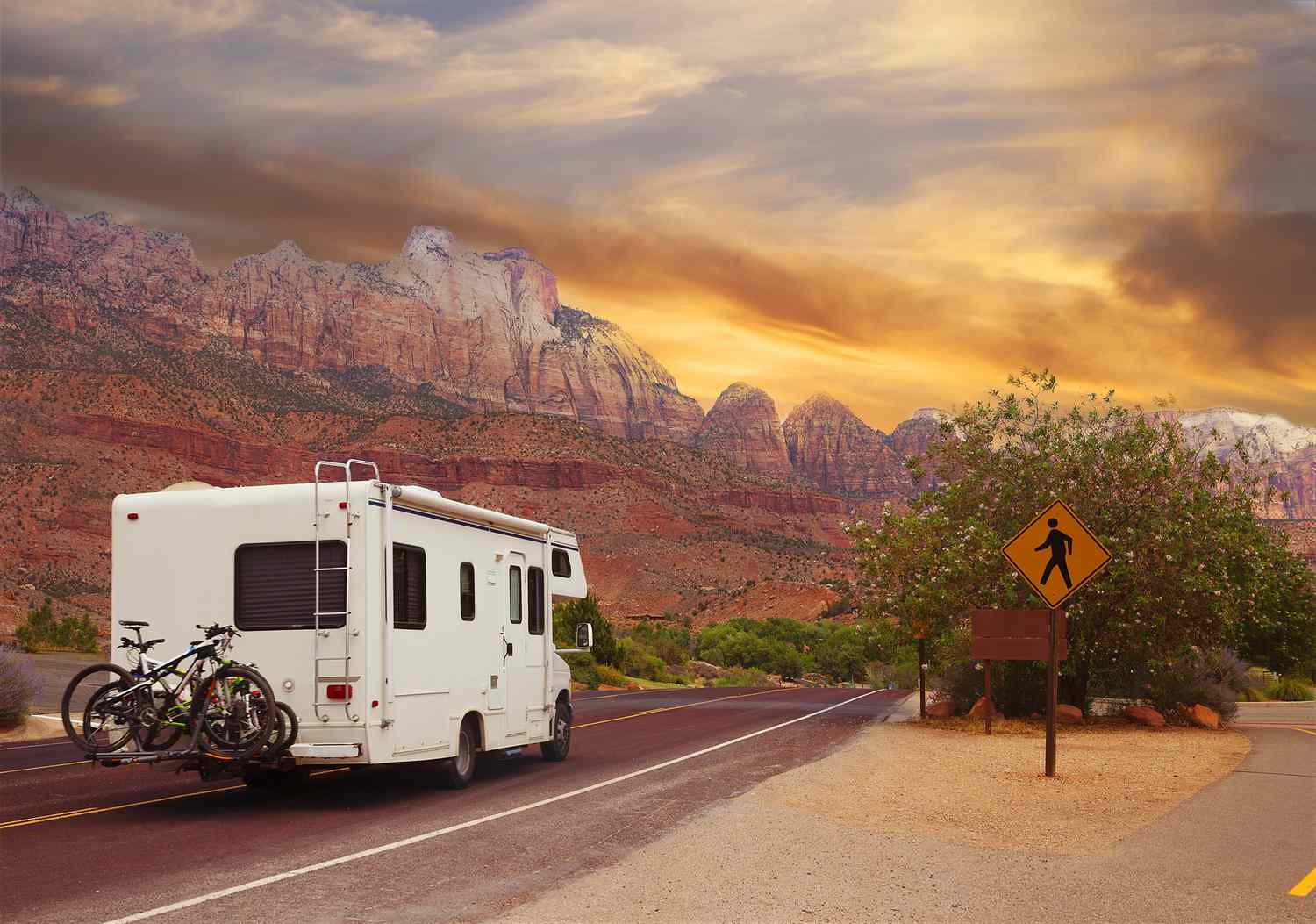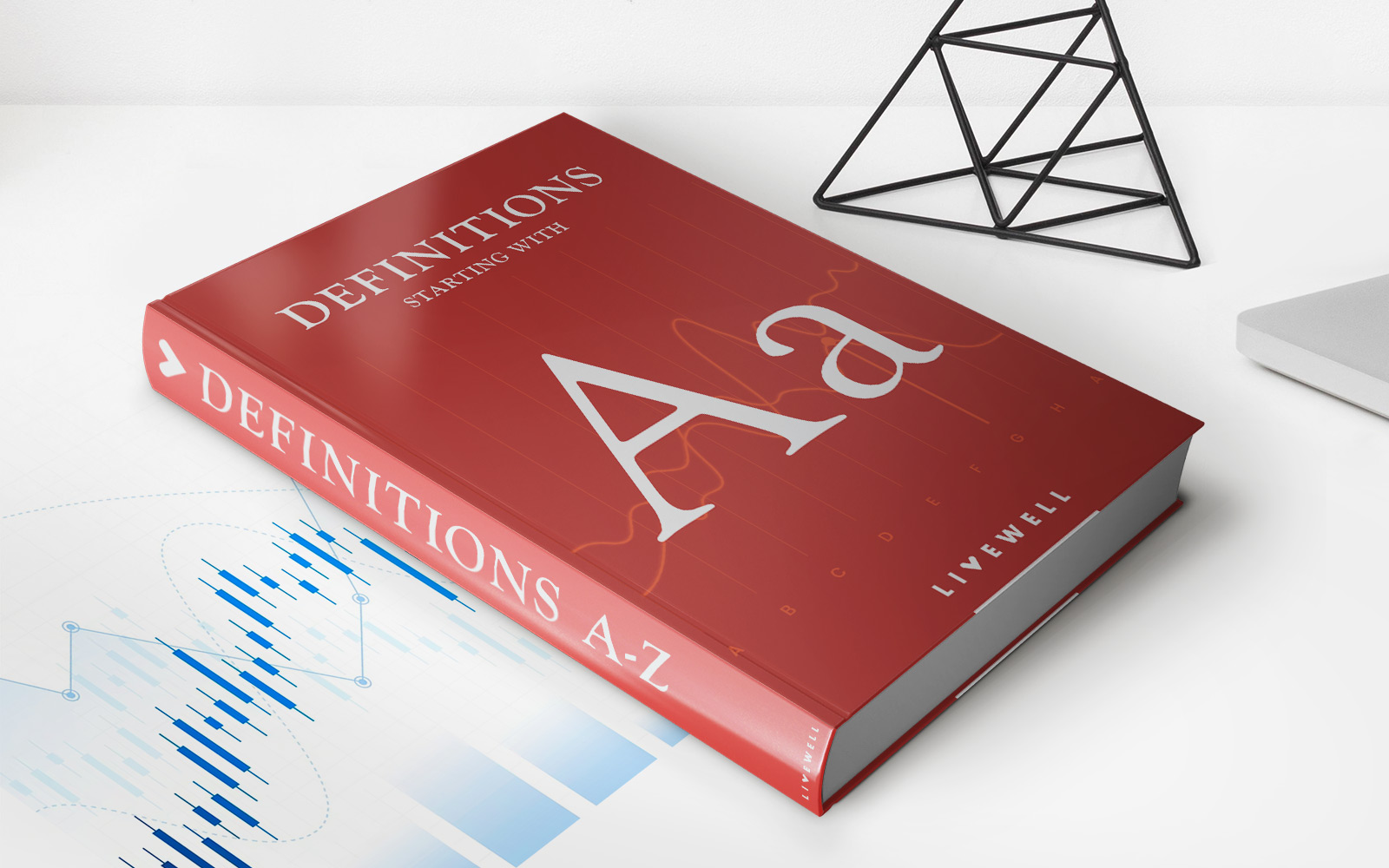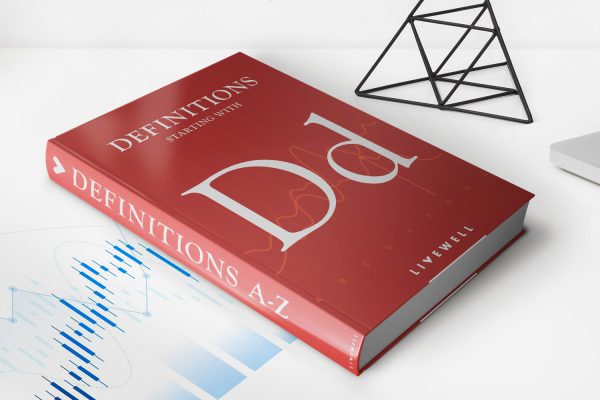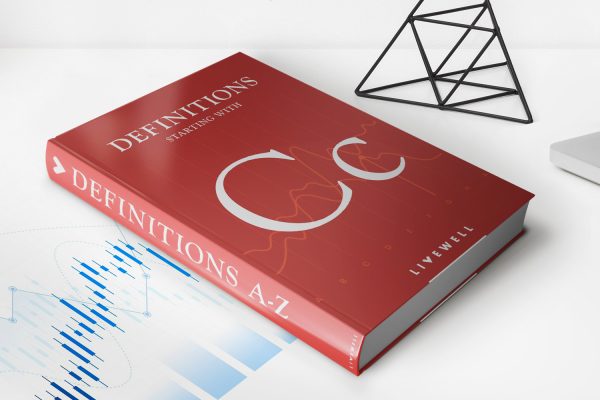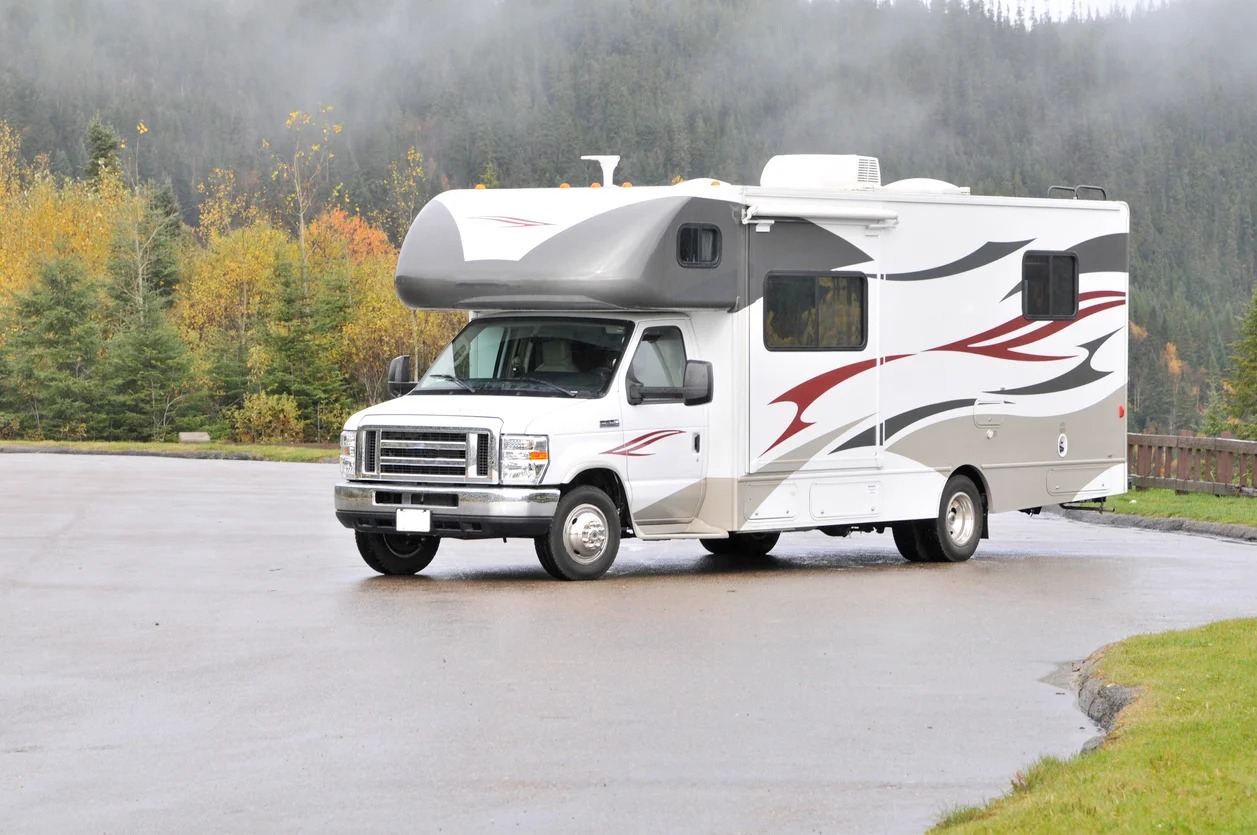

Finance
What Type Of Insurance Does An RV Need?
Published: November 6, 2023
Find the perfect insurance coverage for your RV with our comprehensive finance options. Discover what type of insurance is essential for your recreational vehicle.
(Many of the links in this article redirect to a specific reviewed product. Your purchase of these products through affiliate links helps to generate commission for LiveWell, at no extra cost. Learn more)
Table of Contents
Introduction
When it comes to owning an RV, there are numerous things to consider, and one of the most important aspects is insurance. Just like any other vehicle, an RV needs to be protected with the right insurance coverage to ensure peace of mind on the road.
RV insurance is designed to provide financial protection in case of accidents, damage, theft, or other unforeseen events. It not only protects your investment but also covers your liabilities and offers additional benefits depending on the type of coverage you choose.
In this article, we will explore the various types of insurance coverage that an RV may need. From liability insurance to comprehensive coverage, we will discuss the importance of each and how it contributes to your overall protection.
Before diving into the specifics, it’s vital to understand that RV insurance requirements may vary depending on factors such as the type of RV, its value, how frequently you use it, and specific state regulations. It’s always recommended to consult with an insurance professional to determine the right coverage for your unique situation.
Now, let’s delve into the different types of insurance coverage for your RV to ensure you have the protection you need.
Liability Insurance
Liability insurance is a crucial component of RV insurance and is typically required by law in most states. This coverage protects you financially in case you are found responsible for causing bodily injury or property damage to others. It pays for the medical expenses of injured parties, as well as legal fees and damages if you are sued.
In the context of RV insurance, liability coverage typically includes two types of protection:
- Bodily Injury Liability: This coverage pays for the medical expenses, rehabilitation costs, and lost wages of individuals injured in an accident caused by your RV.
- Property Damage Liability: This coverage provides compensation for damages to someone else’s property, such as another vehicle, building, or any other structures, caused by your RV.
The minimum liability coverage requirements vary by state, so it’s essential to familiarize yourself with your state’s laws. However, it’s generally recommended to carry liability insurance with higher limits to protect yourself in case of a severe accident or lawsuit.
Liability insurance not only protects your assets but also offers peace of mind as you travel with your RV. Accidents can happen, and being adequately covered ensures that you can handle any legal and financial obligations that may arise.
It’s important to note that liability insurance typically covers only damages to others and their property, not your RV or your personal injury expenses. For that, you would need additional coverage options, which we will discuss in the following sections.
Collision Insurance
Collision insurance is another essential type of coverage for an RV. This coverage helps pay for the repair or replacement of your RV if it is damaged in a collision with another vehicle or object.
Accidents happen, whether it’s a fender-bender or a more significant collision. Without collision insurance, you would be responsible for covering the repair or replacement costs out of your pocket. However, with collision insurance, your insurance provider will step in and help cover these expenses, minus your deductible.
When considering collision insurance for your RV, there are a few factors to keep in mind:
- Deductible: The deductible is the amount you must pay out of pocket before your insurance coverage kicks in. You can choose a deductible amount that fits your budget and risk tolerance. Keep in mind that lower deductibles typically result in higher premiums.
- Market Value: The coverage amount for collision insurance is generally based on the market value of your RV. It’s essential to ensure that the coverage limit is enough to cover the cost of repair or replacement in case of an accident.
Collision insurance is especially important when your RV is new or valuable. It provides peace of mind, knowing that you are financially protected if your RV is damaged or totaled in a collision.
It’s worth mentioning that collision insurance only covers damages caused by collisions. It does not cover other types of damage, such as theft, vandalism, or natural disasters. For comprehensive coverage against these events, keep reading to learn about comprehensive insurance.
Comprehensive Insurance
Comprehensive insurance, sometimes referred to as “other than collision” coverage, is an important type of insurance that provides coverage for damages to your RV caused by events other than collisions. This coverage is essential for protecting your RV against a wide range of risks and perils.
Comprehensive insurance typically covers damages caused by:
- Theft: If your RV is stolen, comprehensive insurance will help cover the cost of replacement or repairs.
- Vandalism: This coverage protects against intentional damage to your RV, such as graffiti or broken windows.
- Natural Disasters: Comprehensive insurance provides coverage for damages caused by natural disasters, including hurricanes, wildfires, hailstorms, or floods.
- Falling Objects: If an object falls on your RV, such as a tree branch or debris, comprehensive insurance will cover the resulting damages.
- Fire: In case of a fire that damages your RV, comprehensive coverage will help cover the repair or replacement costs.
Comprehensive insurance is especially important if you store your RV in an area prone to theft or natural disasters. It not only protects your investment but also provides peace of mind knowing that you are financially covered against unforeseen events.
When considering comprehensive insurance for your RV, it’s essential to understand the coverage limits and any exclusions that may apply. Additionally, similar to collision insurance, comprehensive coverage also has a deductible that you will need to pay before the insurance company covers the remaining costs.
By combining comprehensive insurance with collision insurance, you can ensure that your RV is protected in various scenarios, whether it’s a collision or non-collision-related event.
Uninsured and Underinsured Motorist Coverage
Uninsured and underinsured motorist coverage is an essential component of RV insurance that protects you in case you are involved in an accident with a driver who has insufficient or no insurance coverage.
Despite legal requirements for drivers to have insurance, there are still instances where drivers may not have adequate coverage or may be uninsured altogether. If you find yourself in a collision with an uninsured or underinsured motorist, this coverage can help cover the costs associated with the accident.
Uninsured and underinsured motorist coverage typically includes the following:
- Uninsured Motorist Bodily Injury: This coverage pays for medical expenses, lost wages, and other damages if you or your passengers are injured in an accident caused by an uninsured motorist.
- Underinsured Motorist Bodily Injury: If you are in an accident with a driver who has insurance, but their coverage limits are not enough to fully compensate for your injuries, this coverage will help bridge the gap.
- Uninsured/Underinsured Motorist Property Damage: This coverage provides compensation for damage to your RV caused by an uninsured or underinsured driver.
Having uninsured and underinsured motorist coverage is especially important when you consider the financial impact of an accident caused by a driver without adequate insurance. It can help cover your medical expenses, property damage, and other costs that may arise as a result of the accident.
Keep in mind that the specific coverage limits and requirements for uninsured and underinsured motorist coverage may vary by state. It’s crucial to review your policy and understand the terms and conditions of this coverage to ensure you have adequate protection.
By including uninsured and underinsured motorist coverage in your RV insurance, you can have peace of mind knowing that you are financially protected even if you have an accident with an uninsured or underinsured driver.
Personal Injury Protection
Personal Injury Protection (PIP) is an optional coverage that provides medical and related expenses coverage for you and your passengers in the event of an accident, regardless of who is at fault. This coverage is especially important for RV owners who frequently travel with their families or large groups.
PIP coverage typically includes the following benefits:
- Medical Expenses: PIP helps cover medical treatment expenses for injuries sustained in an accident, including hospital stays, doctor visits, surgeries, and rehabilitation.
- Lost Wages: If you or your passengers are unable to work due to the injuries sustained in an accident, PIP provides compensation for lost wages.
- Funeral Expenses: In the unfortunate event of a fatal accident, PIP can help cover funeral and burial expenses.
- Other Related Costs: PIP may also cover other expenses, such as childcare or household services, that may be necessary due to the injuries sustained in an accident.
Having PIP coverage ensures that you and your passengers are protected and can receive necessary medical treatment and support after an accident. It can help alleviate the financial burden and allow you to focus on your recovery.
It’s important to note that PIP coverage varies by state, and the specific benefits and limits may differ. Some states have mandatory PIP coverage, while others offer it as an optional add-on. Consult with your insurance provider to understand the available options and the requirements in your state.
By including Personal Injury Protection in your RV insurance policy, you can have peace of mind knowing that you and your passengers are covered for medical expenses and other related costs in the unfortunate event of an accident.
Roadside Assistance
Roadside assistance is a valuable type of coverage that provides assistance and support when you experience unexpected breakdowns or emergencies while on the road. This coverage can be particularly beneficial for RV owners, as being stranded on the side of the road with a large and complex vehicle can be especially challenging.
Roadside assistance coverage typically includes services such as:
- Towing: If your RV becomes disabled and needs to be towed, roadside assistance coverage will cover the cost of towing it to a nearby repair facility.
- Battery Jumpstart: If your RV’s battery is dead, roadside assistance can provide a jumpstart to get you back on the road.
- Tire Assistance: If you have a flat tire, roadside assistance can help with changing the tire or provide assistance with inflating or repairing it.
- Lockout Service: If you accidentally lock your keys inside your RV, roadside assistance can help with unlocking the vehicle.
- Emergency Fuel Delivery: If your RV runs out of fuel, roadside assistance can arrange for the delivery of fuel to your location.
Roadside assistance coverage ensures that you have access to prompt and professional help when you need it most. Whether you are stranded due to a mechanical issue, a flat tire, or any other emergency, having this coverage can bring peace of mind and save you time, money, and stress.
It’s important to review the specific terms and limitations of your roadside assistance coverage, as different providers may have varying levels of service and coverage limits. Additionally, consider the geographic coverage area to ensure that assistance is available wherever you travel with your RV.
By including roadside assistance coverage in your RV insurance policy, you can have the assurance that help is just a phone call away, allowing you to navigate unexpected situations with ease and confidence.
Total Loss Replacement Coverage
Total Loss Replacement Coverage is an optional type of insurance that can be extremely valuable for RV owners, especially those with brand-new or high-value vehicles. This coverage provides additional protection in the event that your RV is declared a total loss due to an accident or other covered peril.
Unlike standard insurance coverage, which may only reimburse you for the actual cash value of your RV at the time of the loss, Total Loss Replacement Coverage ensures that you receive a brand-new replacement RV of the same or similar make and model.
This coverage is particularly beneficial because it accounts for depreciation, ensuring that you are not left with a significant financial gap if your RV is completely destroyed. It allows you to replace your RV with a new one, rather than settling for a lesser-value payout.
It’s important to note that Total Loss Replacement Coverage usually comes with certain conditions and limitations, such as a specific time period during which the coverage is applicable and a maximum coverage amount. Review the terms and requirements of this coverage with your insurance provider to understand its scope and ensure it aligns with your needs.
While Total Loss Replacement Coverage may come at a higher premium cost compared to standard coverage, it provides peace of mind in knowing that you can replace your RV with a new one in the event of a total loss.
If you have invested a significant amount of money in your RV or if it holds sentimental value, Total Loss Replacement Coverage can be a wise investment to safeguard your financial investment and maintain your RV’s value.
Vacation Liability Insurance
Vacation Liability Insurance is a specific type of coverage designed to protect RV owners while they are parked or using their RV as a temporary residence during vacations or trips. It provides liability coverage for accidents or injuries that occur within your RV or its premises while you are on vacation.
This coverage is important because injuries or accidents can happen even when you are not driving your RV. For example, if someone slips and falls inside your RV or if a guest gets injured near your campsite, Vacation Liability Insurance can help cover medical expenses, legal fees, and other liabilities associated with the incident.
Additionally, Vacation Liability Insurance typically includes coverage for property damage that occurs near or inside your RV. This can be especially valuable if you accidentally cause damage to someone else’s property while parked or if your RV is involved in a fire that spreads to neighboring structures.
It’s important to note that Vacation Liability Insurance is not the same as liability insurance for driving your RV. It provides coverage specifically for incidents that occur while the RV is parked or being used as a temporary residence.
When considering Vacation Liability Insurance, it’s essential to review the coverage limits and exclusions. Some policies may provide coverage for specific activities like barbecuing or swimming, while others may have restrictions or limitations based on the location or duration of your vacation.
Vacation Liability Insurance can provide peace of mind for RV owners who enjoy traveling and spending time in their RVs. It ensures that you are protected against unexpected accidents or injuries that may occur while enjoying your vacation.
Consult with your insurance provider to determine the appropriate level of Vacation Liability Insurance based on your specific needs and travel plans.
Contents Coverage
Contents Coverage is an important aspect of RV insurance that protects the personal belongings and belongings stored inside your RV. This coverage ensures that in the event of a covered loss, such as theft or damage, you are financially protected and can recover the value of your belongings.
As an RV owner, you likely have personal items, appliances, electronics, and other valuable possessions that you bring along on your travels. Contents Coverage helps protect these items from risks such as theft, fire, vandalism, or natural disasters.
Contents Coverage typically includes the following:
- Personal Belongings: This coverage extends to personal items such as clothing, electronics, furniture, kitchenware, and other belongings you store inside your RV.
- Appliances and Equipment: If your RV is equipped with appliances such as refrigerators, microwaves, or TVs, Contents Coverage protects them from damage or theft.
- Outdoor Items: Contents Coverage may also extend to outdoor items such as grills, camping gear, bicycles, and other equipment you carry with you on your RV trips.
When considering Contents Coverage for your RV, it’s crucial to assess the value of your belongings and ensure that the coverage limits are adequate to replace or repair them in the event of a covered loss. Take an inventory of your possessions and keep a record of their value to assist with the claims process if needed.
It’s also important to review any restrictions or exclusions that may apply to certain types of items, such as high-value jewelry or collectibles. Some insurance policies may have limits on coverage for these items, or you may need to obtain additional coverage for them.
Contents Coverage plays a vital role in protecting your personal items and giving you peace of mind while traveling in your RV. It ensures that you can enjoy your adventures without worrying about the financial impact of losing or damaging your possessions.
Consult with your insurance provider to understand the specific details of Contents Coverage and determine the appropriate coverage limits based on your needs and the value of your belongings.
Emergency Expense Coverage
Emergency Expense Coverage is a type of insurance that provides financial assistance in case of unexpected emergencies while you are on the road with your RV. This coverage helps cover the costs associated with necessary and unplanned expenses that arise as a result of an emergency situation.
Emergencies can happen when you least expect them, and being prepared financially can make a significant difference in how you handle these situations. Emergency Expense Coverage typically includes coverage for expenses such as:
- Temporary Accommodations: If your RV becomes uninhabitable due to a covered emergency, this coverage helps pay for temporary accommodations, such as hotel stays or campground fees, while your RV is being repaired or replaced.
- Meals and Transportation: Emergency Expense Coverage can also help cover the cost of meals and transportation if you are unable to stay in your RV and need to find alternative arrangements.
- Travel Assistance: This coverage may provide assistance with travel arrangements, including transportation back home or to your intended destination, if your RV is disabled or inoperable.
- Repatriation of Remains: In the unfortunate event of a covered emergency resulting in a loss of life, Emergency Expense Coverage may provide coverage for the cost of returning the remains to your home.
Having Emergency Expense Coverage is invaluable for RV owners who rely on their vehicle as a home or means of travel. It provides peace of mind knowing that you have support in unexpected situations, allowing you to focus on resolving the emergency without the added financial burden.
It’s important to review the specific terms and coverage limits of Emergency Expense Coverage to ensure it aligns with your travel plans and needs. Some policies may have specific conditions or restrictions, such as a maximum coverage limit or required documentation for reimbursement.
By including Emergency Expense Coverage in your RV insurance, you can be better prepared for unforeseen emergencies and have the necessary financial assistance to navigate these situations effectively.
Conclusion
As an RV owner, it is essential to have the right insurance coverage to protect your investment, your liabilities, and provide you with peace of mind while on the road. Understanding the different types of insurance coverage available for your RV is crucial in ensuring that you have the appropriate level of protection for your specific needs.
Starting with liability insurance, this coverage is typically required by law and protects you financially in case you cause bodily injury or property damage to others. It is the foundation of your RV insurance policy and provides the necessary protection when accidents occur.
Collision and comprehensive insurance are crucial for covering damages to your RV. Collision insurance takes care of repair or replacement costs in the event of a collision with another vehicle or object. On the other hand, comprehensive insurance covers damages caused by events other than collisions, such as theft, vandalism, or natural disasters.
Uninsured and underinsured motorist coverage is essential in protecting you if you are involved in an accident with a driver who either lacks insurance or has inadequate coverage. This coverage ensures that you are not left with significant expenses if the other party cannot fully compensate for the damages.
Personal injury protection covers medical expenses, lost wages, and related costs for you and your passengers, regardless of fault. It provides crucial support in the event of injuries sustained in an accident, ensuring that you receive proper medical care without bearing the financial burden.
Roadside assistance is an invaluable addition to your RV insurance, providing immediate help for breakdowns, flat tires, lockouts, and other roadside emergencies. This coverage ensures that you can quickly get back on the road and continue enjoying your RV adventures.
Total loss replacement coverage is essential for RV owners with new or high-value vehicles. It ensures that you receive a brand-new replacement if your RV is declared a total loss, protecting your investment and allowing for a seamless transition back into the RV lifestyle.
Vacation liability insurance covers accidents or injuries that occur while you are parked or using your RV as a temporary residence during your vacations or trips. This coverage provides crucial liability protection and peace of mind knowing that you are financially protected even when your RV is stationary.
Contents coverage protects your personal belongings stored inside your RV. Whether it’s clothing, electronics, or outdoor equipment, this coverage ensures that you are reimbursed for the value of your possessions in the event of theft or damage.
Last but not least, emergency expense coverage provides financial assistance for unexpected emergencies while you are on the road. It covers temporary accommodations, meals, transportation, and other necessary expenses if your RV becomes uninhabitable due to a covered emergency.
In conclusion, having comprehensive RV insurance is vital for protecting your investment, ensuring your financial security, and providing peace of mind during your travels. Consider your individual needs, the value of your RV and personal belongings, and consult with an insurance professional to determine the right coverage options for your RV adventures.


